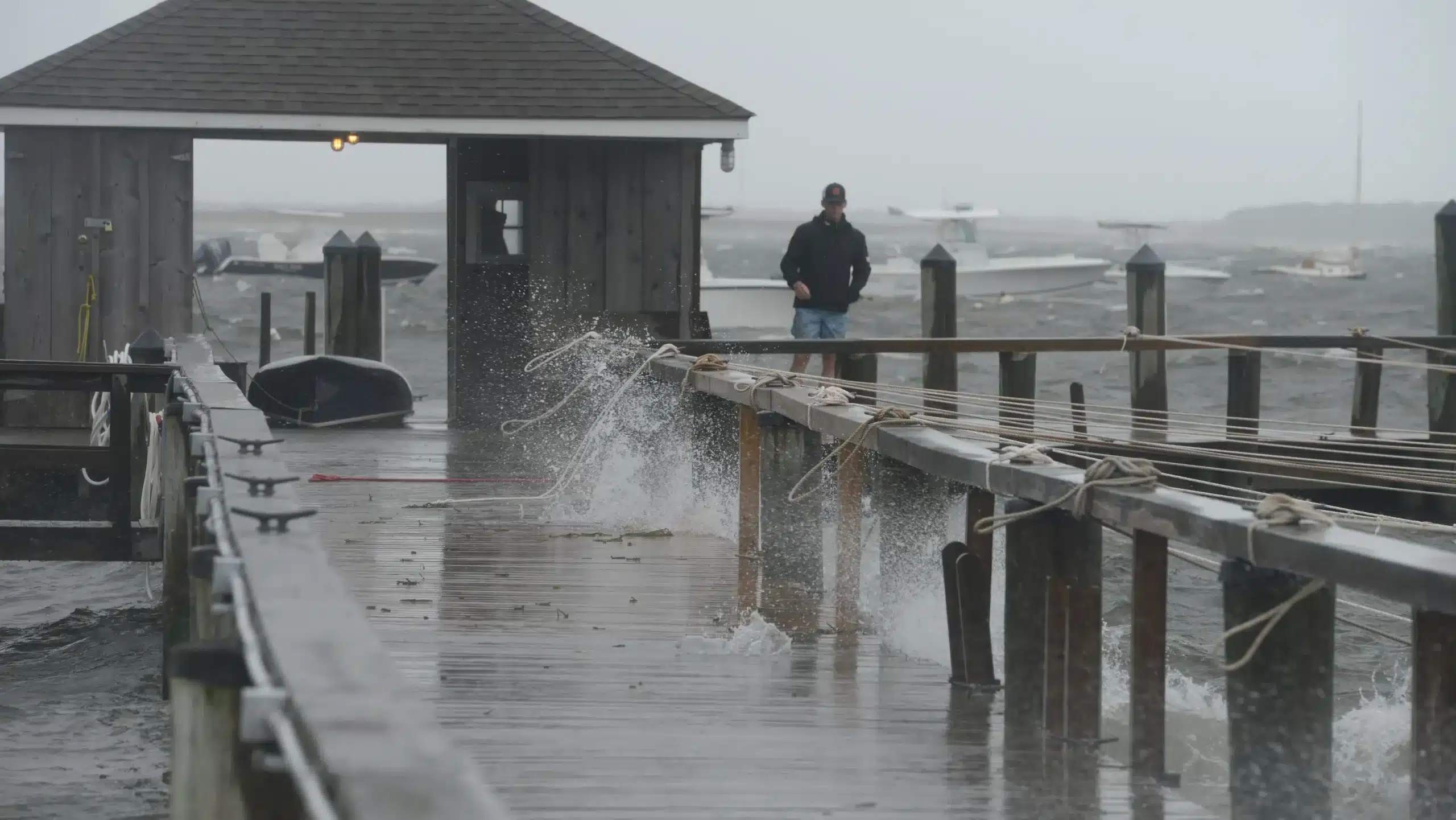Masonry work is a true investment in the beauty, structure, and value of your home. But timing is everything.
Cape Cod’s unique climate — with its coastal humidity, cold winters, and mild summers — can significantly impact the quality, timeline, and durability of stonework projects.
Whether you’re planning to build a patio, repair a retaining wall, or start a full landscaping redesign, this guide will help you understand the best time of year to move forward, and why choosing the right season matters.
1. Why Seasonality Matters for Masonry
Masonry depends on several environmental factors for long-term success:
- Temperature affects how mortar cures
- Humidity impacts drying times
- Rain and frost interfere with foundation stability
- Harsh winters shorten construction windows
A perfectly designed project can fail if built in the wrong conditions.
2. Spring: The Planning & Prep Season (March–May)
Spring in Cape Cod is ideal for:
- Design consultations
- Permitting
- Site assessments
- Material selection
- Booking contractors early
Why it’s great:
While the ground is thawing and rainfall is moderate, it’s the perfect time to schedule your summer installation.
What to avoid:
Starting actual masonry work too early in spring (when frost is still in the ground) can compromise the base preparation.
3. Summer: Prime Time for Installation (June–August)
This is the peak season for masonry in Cape Cod.
- Dry conditions
- Stable temperatures (above 50°F)
- Long daylight hours
- Easier access to materials and crews
Ideal projects:
- Patios and pavers
- Outdoor kitchens
- Retaining walls
- Walkways
- Landscape stone accents
Tip:
Contractors book up quickly — start planning in early spring to secure your summer spot.
4. Fall: Perfect for Repairs & Retaining Walls (September–November)
Early fall is an excellent time for maintenance and mid-size projects.
- The ground is still warm
- The weather is dry and predictable
- Less demand = more scheduling flexibility
Best use:
- Repointing (replacing mortar)
- Repairing stone joints
- Updating pathways or walls
- Winterizing features
Important: Projects should finish before the first frost, which usually hits in late November.
5. Winter: Not Ideal for Masonry (December–February)
Cold temperatures, frozen ground, and unpredictable storms make winter unsuitable for most masonry work in Cape Cod.
Risks include:
- Poor mortar bonding
- Cracks from freeze-thaw cycles
- Delays due to weather
Exceptions:
Indoor stonework (like fireplaces) or off-season design planning.
6. Bonus Tip: Book Early and Beat the Rush
Quality masonry contractors in Cape Cod — like Gade Masonry & Landscaping — tend to fill their spring and summer calendars fast.
Booking early gives you:
- Access to the best materials
- Flexibility in scheduling
- More attention to detail
- Time for proper planning
When it comes to masonry, the right timing protects your investment. By aligning your project with Cape Cod’s seasonal conditions, you ensure durability, safety, and maximum visual impact.
📞 Ready to start your project?
Talk to Gade Masonry today and let’s plan your perfect patio, wall, or garden feature — at the perfect time.






